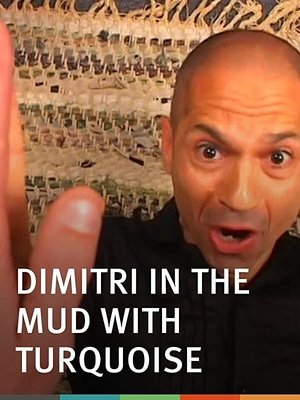

Newark: The Slow Road Back(1988)
Documentary on the past and future of Newark, New Jersey after the racial riots of 1967.
Movie: Newark: The Slow Road Back

Newark: The Slow Road Back
HomePage
Overview
Documentary on the past and future of Newark, New Jersey after the racial riots of 1967.
Release Date
1988-05-12
Average
0
Rating:
0.0 startsTagline
Genres
Languages:
Keywords
Similar Movies
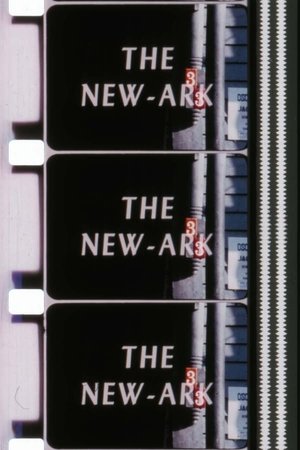 0.0
0.0The New-Ark(en)
Beginning as a city-symphony of Newark streets, buildings, and people set to wordless chanting, The New-Ark quickly arrives at its political imperatives: Black Power must be accomplished through nationalism, and "a nation is organization." The film focuses on black education, urban public theater, and political consciousness-raising inside and outside of Spirit House - director Amiri Baraka's Black nationalist community center.
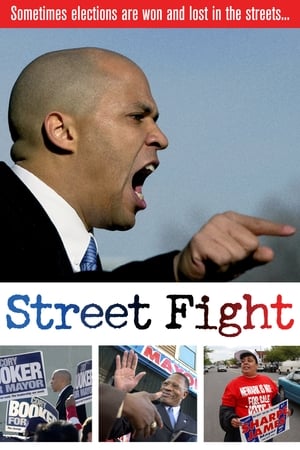 7.0
7.0Street Fight(en)
This documentary follows the 2002 mayoral campaign in Newark, New Jersey, in which a City Councilman, Cory Booker, attempted to unseat longtime mayor Sharpe James.
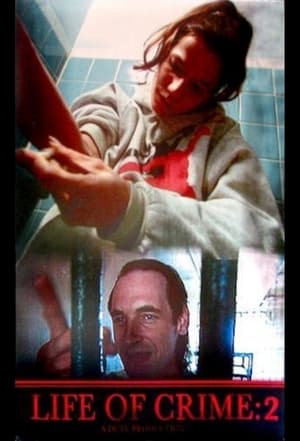 7.0
7.0Life of Crime 2(en)
This follow-up to the 1989 documentary ONE YEAR IN A LIFE OF CRIME revisits three of the original subjects in New Jersey during a five-year period in the 1990s. We share in their triumphs and setbacks as they navigate lives of poverty, drug abuse, AIDS, and petty crime.
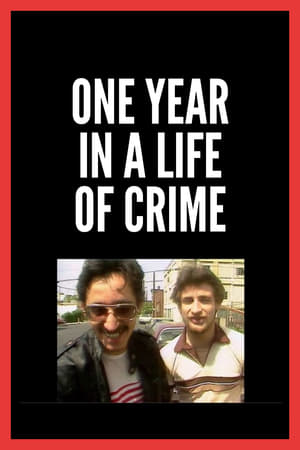 6.8
6.8One Year in a Life of Crime(en)
Their job is stealing, their lives a cruel dead end. Director Jon Alpert takes his cameras undercover for this hard-hitting look at men who live by theft and suffer addiction. Focusing on a year in the lives of three professional criminals, this gritty profile—which includes hidden-camera footage of actual thefts—exposes the "petty" crimes that are paralyzing America.
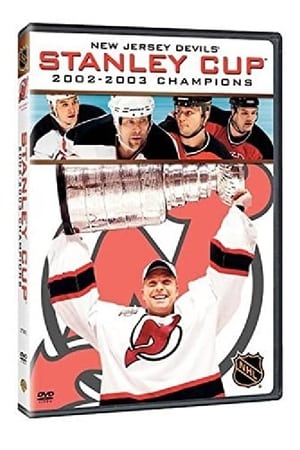 4.7
4.7New Jersey Devils Stanley Cup 2002-2003 Champions(en)
Chronicles the latest chapter of the Devils’ third Championship in nine years
Sing! Fight! Sing! Fight! From LeRoi to Amiri(en)
The story of how Everett Leroy Jones became Amiri Baraka, from his childhood to the mid '60s, is told through interviews recorded in the late '90s.
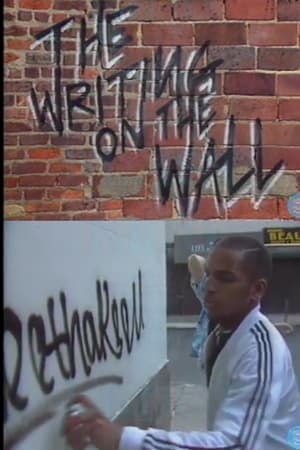 7.0
7.0The Writing on the Wall(en)
"In this half-hour documentary, Producer Sandra King provides an intimate portrait of a public phenomenon: Graffiti. Over an 18 month period, King and her crew followed the teenage members of a graffiti 'crew,' Vandals on the Street, as they painted and rapped and moved through the streets of downtown Newark. What emerges is a unique glimpse behind the 'tags' at the kind of inner city kids who write on walls, but who also make art; who create out of wedlock children, but who also form binding relationships; who drop out of school and never read a book, but who create their own brand of poetry through the medium of 'rap.'
 6.5
6.5Brother(fr)
Brother François, a young Frenchman, will live a human adventure in the heart of an American Ghetto.
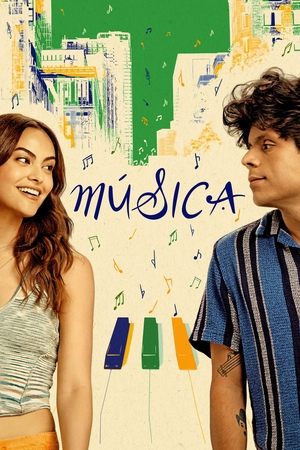 6.4
6.4Música(en)
A young man, plagued by the music in his head, has to come to terms with an uncertain future while balancing love, family and Brazilian culture in Newark, New Jersey.
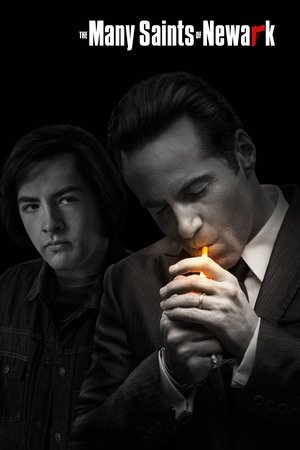 6.3
6.3The Many Saints of Newark(en)
Young Anthony Soprano is growing up in one of the most tumultuous eras in Newark, N.J., history, becoming a man just as rival gangsters start to rise up and challenge the all-powerful DiMeo crime family. Caught up in the changing times is the uncle he idolizes, Dickie Moltisanti, whose influence over his nephew will help shape the impressionable teenager into the all-powerful mob boss, Tony Soprano.
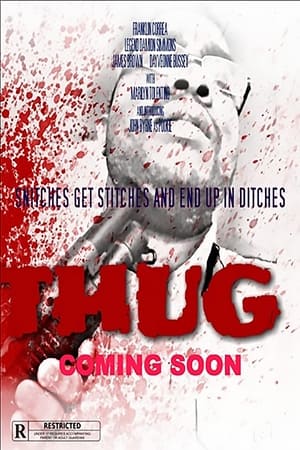 5.0
5.0Thug(en)
Thug, is a documentary type style film about a filmmaking student from the suburbs who comes to the inner city of Newark New Jersey to document one of New Jersey's worst criminals named GINO. But things take a turn for the worse as he digs deeper, which makes Gino's True Colors come out that sets off a chain of unnerving events sending him on a killing spree against anyone who crossed him.
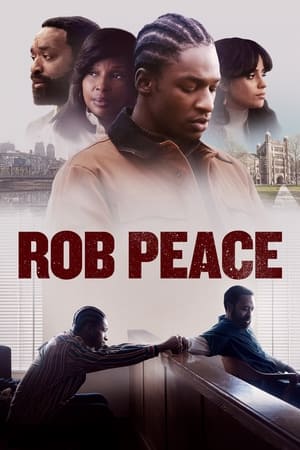 6.7
6.7Rob Peace(en)
An underprivileged, gifted young black man from Newark reaches Yale University, only for shadows and injustices from his past to threaten his future.
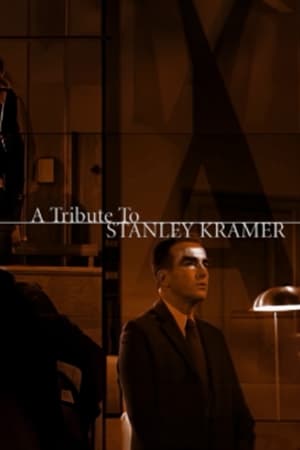 0.0
0.0A Tribute to Stanley Kramer(en)
A celebration of Stanley Kramer's life and career, featuring interviews with Karen Sharpe, his widow, and screenwriter Abby Mann.
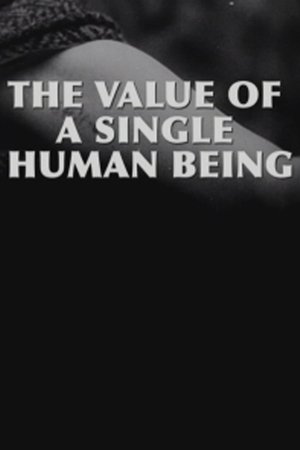 0.0
0.0The Value of a Single Human Being(en)
Abby Mann discusses his Oscar-winning screenplay and his inspirations.
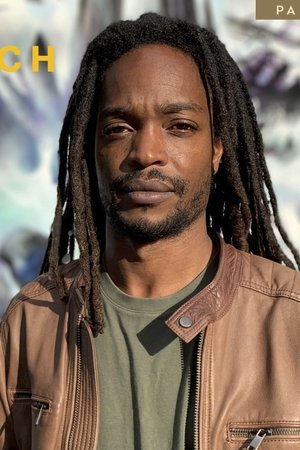 0.0
0.0Sex on the Beach(en)
In recent years, stories of older British women hooking up with younger Gambian men have made news headlines, from one-night stands to whirlwind weddings. But what's the truth behind the stories? Seyi Rhodes investigates.
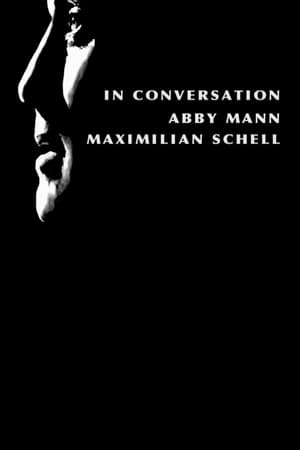 0.0
0.0In Conversation: Abby Mann and Maximillian Schell(en)
The actor and the writer reminisce about working on both the Playhouse 90 and Stanley Kramer versions of "Judgment at Nuremberg."
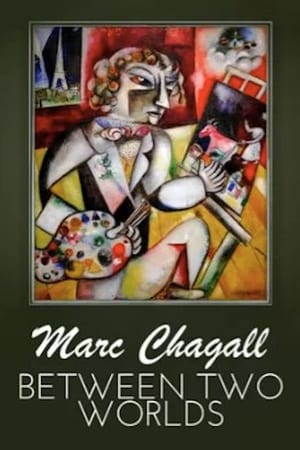 0.0
0.0Marc Chagall – Between Two Worlds(fr)
Marc Chagall was an artist caught between two worlds, between traditional art and modernism, figuration and abstraction. The film accompanies him on an important stage of his life from 1910 to 1930, between Paris and Vitebsk. Chagall's home town was a laboratory for the artistic avant-garde in Belarus, while Paris was the center of modern art movements.
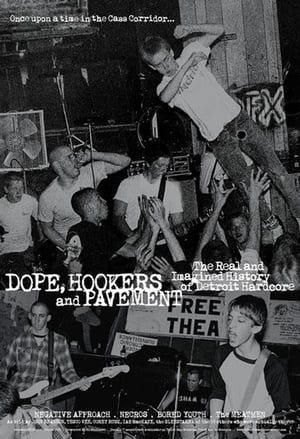 0.0
0.0Dope, Hookers and Pavement(en)
"Dope, Hookers and Pavement" is a lively and unfiltered account of the early days of the Detroit hardcore punk scene, circa 1981-82, in the notorious Cass Corridor, arguably one of the worst neighbourhoods in the city at the time. Featuring over 70 in-depth interviews — including John Brannon (Negative Approach), Tesco Vee (Meatmen, Touch and Go), Ian MacKaye (Minor Threat, Dischord Records), pro skater Bill Danforth, scene kids, and members of the Necros, The Fix, Violent Apathy and Bored Youth — and never-before-seen Super8 footage of the Freezer, "Dope, Hookers and Pavement" is both hilarious and reflective, and an overdue record of a nearly invisible but magic little moment in the long history of Detroit rock'n'roll.
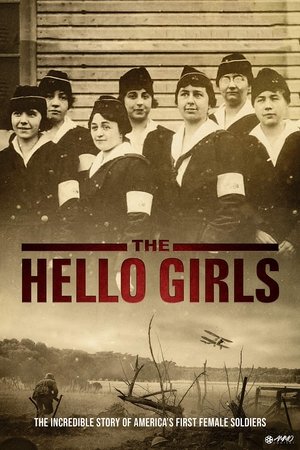 8.0
8.0The Hello Girls(en)
In 1918, the U.S. Army Signal Corps sent 223 women to France as telephone operators to help win the Great War. They swore Army oaths, wore uniforms, held rank, and were subject to military justice. By war's end, they had connected over 26 million calls and were recognized by General John J. Pershing for their service. When they returned home, the U.S. government told them they were never soldiers. For 60 years, they fought their own government for recognition. In 1977, with the help of Sen. Barry Goldwater and Congresswoman Lindy Boggs, they won. Unfortunately, only a handful were still alive.
